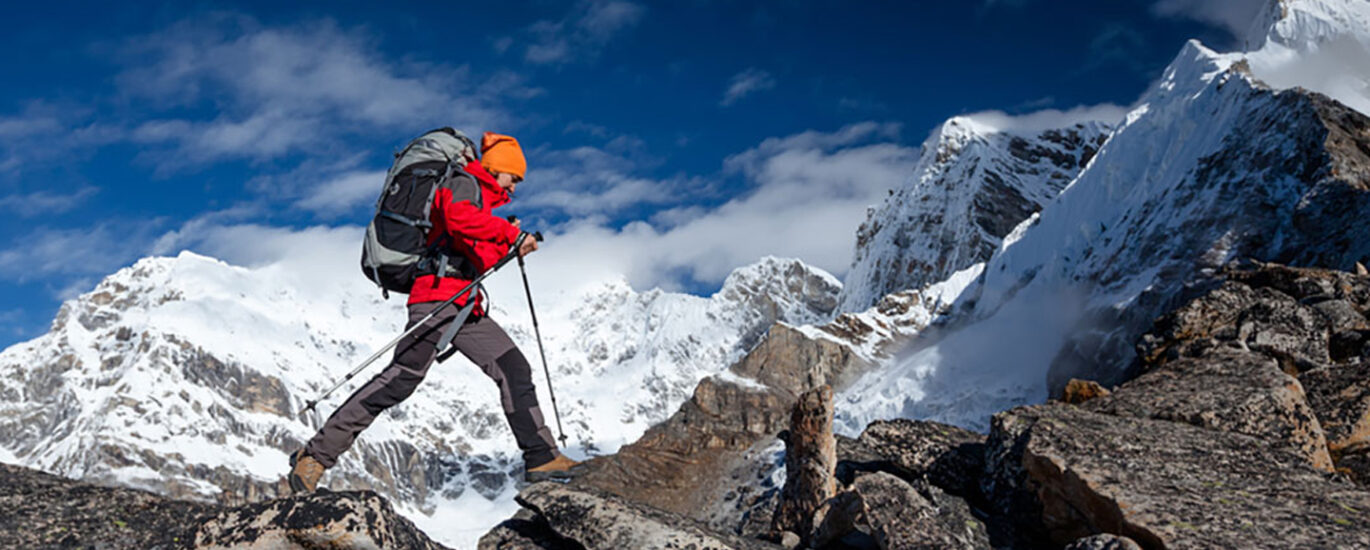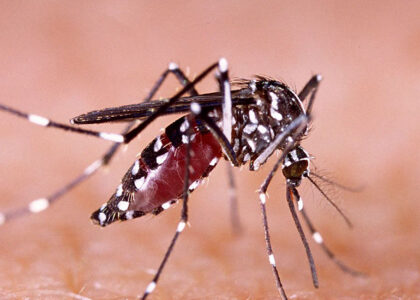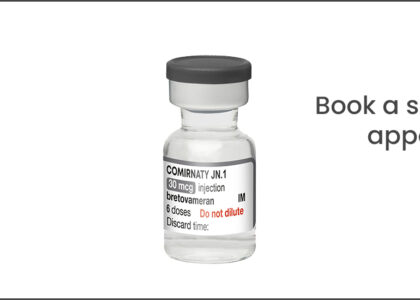Embarking on a mountain adventure can be an exhilarating experience, but it’s important to be aware of altitude sickness and how to prevent and treat it. At North Harrow Pharmacy, we understand the significance of altitude sickness treatment and the importance of ensuring a safe and enjoyable mountain journey. In this blog post, we will explore the causes, symptoms, prevention strategies, and treatment options for altitude sickness, providing you with valuable insights for your mountain adventure.
Understanding Altitude Sickness
Altitude sickness, also known as acute mountain sickness (AMS), occurs when your body struggles to adapt to the reduced oxygen levels at high altitudes. Common symptoms of altitude sickness include headaches, nausea, dizziness, fatigue, and shortness of breath. If left untreated, it can lead to more severe conditions like high altitude pulmonary edema (HAPE) or high altitude cerebral edema (HACE).
Preventing Altitude Sickness
- Gradual Acclimatization: One of the most effective ways to prevent altitude sickness is to ascend gradually. Allow your body time to adapt by spending a few days at intermediate altitudes before reaching higher elevations.
- Hydration: Proper hydration is crucial at high altitudes. Drink plenty of water and avoid excessive alcohol and caffeine consumption, as they can contribute to dehydration.
- Balanced Diet: Maintain a balanced diet rich in carbohydrates to fuel your body’s energy needs at higher altitudes. Include foods high in potassium, such as bananas and leafy greens, to help regulate fluid balance.
- Medication: Consider consulting with a healthcare professional about altitude sickness medication. Acetazolamide is a commonly prescribed medication that can help prevent and treat symptoms of altitude sickness.
Altitude Sickness Treatment at North Harrow Pharmacy
If you experience symptoms of altitude sickness during your mountain adventure, it’s crucial to seek appropriate treatment. At North Harrow Pharmacy, our experienced pharmacists can provide guidance and recommend over-the-counter remedies to alleviate symptoms. We can also assist in identifying more severe cases that may require medical attention and refer you to a healthcare professional if necessary.
Key Tips for Altitude Sickness Treatment:
- Rest and Descend: If you experience symptoms of altitude sickness, it’s essential to rest and allow your body to acclimate. Descending to a lower altitude can also help relieve symptoms.
- Oxygen Therapy: In severe cases, oxygen therapy may be required to increase oxygen levels and alleviate symptoms. Seek medical assistance if your symptoms worsen or if you develop HAPE or HACE.
Altitude sickness can pose a challenge during mountain adventures, but with proper understanding, prevention strategies, and access to treatment, you can enjoy a safe and memorable experience. At North Harrow Pharmacy, we are committed to providing you with the necessary information, guidance, and altitude sickness treatment options to ensure your well-being during your mountain journey. Plan ahead, acclimate gradually, and consult with our knowledgeable pharmacists to make your adventure a success.
Remember, your safety and enjoyment are our top priorities at North Harrow Pharmacy. Stay informed, take necessary precautions, and embark on your mountain adventure with confidence. Book an appointment with our pharmacist today!
Book your travel appointment now!






